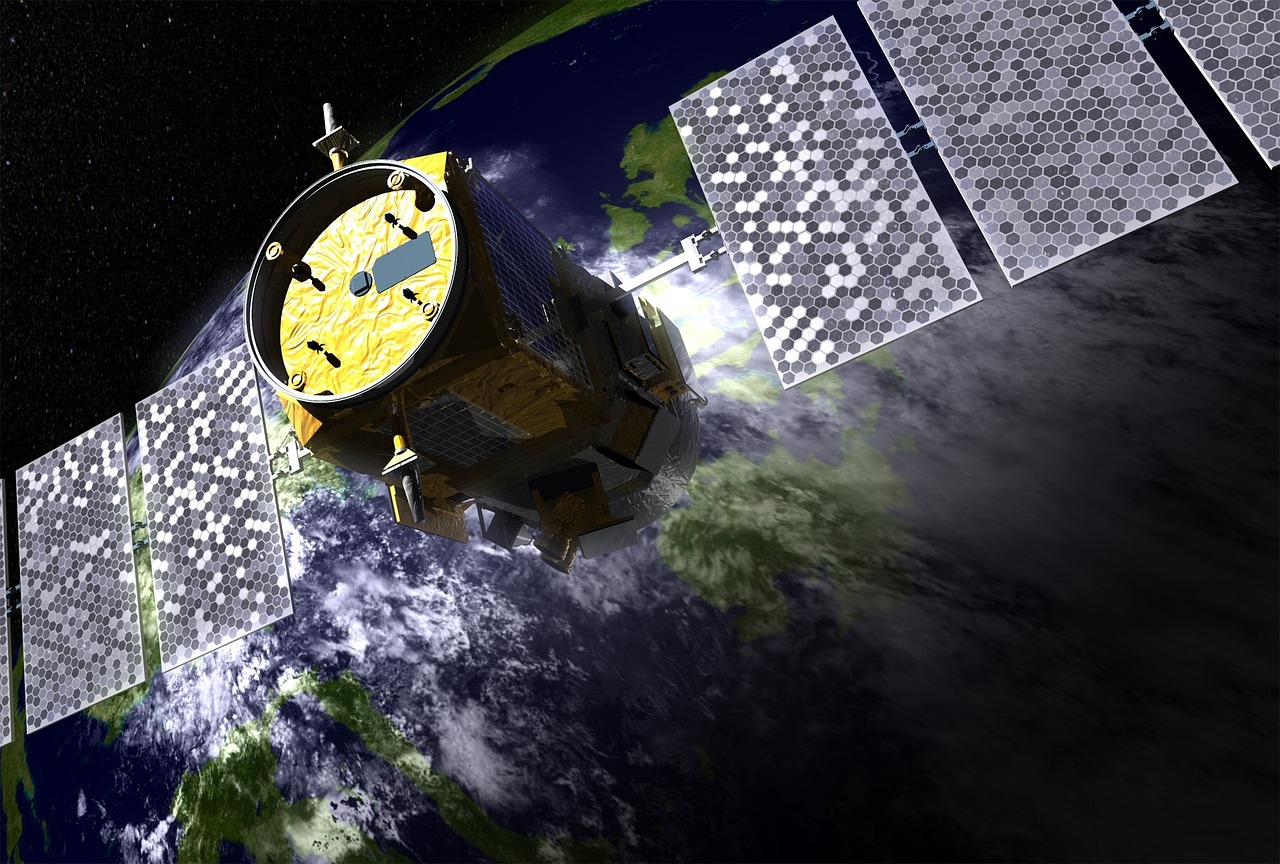
Representative photo
New Delhi: A total of 111 payloads and 105 space debris identified as Indian objects are orbiting the earth. They have been tracked and catalogued by USSPACECOM and published in the spacetrack website, as on January 20, 2023.
Making this disclosure, Union Minister of State for Atomic Energy and Space, Dr Jitendra Singh today told the Rajya Sabha that all orbiting debris will have an impact on the sustainability of outer space and future missions and added that the Indian Space Research Organisation (ISRO) has been carrying out many studies on impacts of growing space debris on the space environment.
The Minister said that research and studies on the potential and emerging threats from space debris are carried out by ISRO and academia since the early 1990s. He said, in 2022, ISRO System for Safe and Sustainable Operations Management (IS 4 OM) has been established towards more focused efforts to continually monitor the objects posing collision threats, improve the prediction of the evolution of space debris environment and concerted activities to mitigate the risk posed by space debris.
Dr Singh mentioned that ISRO has carried out 21 collision avoidance manoeuvres of Indian Operational Space assets in 2022 to avoid collision threats from other space objects. To deal with the threat of very small debris objects which are too small to be tracked, spacecraft are needed to be shielded against the impact risk. Spacecraft shielding-related studies and development are under progress in ISRO to improve the protection for upcoming missions, he added in a written reply to a question.
Dr Singh also said that Government has not allowed external agencies to use ISRO facilities, and only Non-Government Indian entities (NGEs) are being allowed to use ISRO facilities and the technical support, as applicable, through IN-SPACe.
He said recent facilities used by NGEs include the Sounding Rocket Launch Complex at SHAR by Skyroot for its mission PRARAMBH and the Vertical Test Facility at Thumba Equatorial Rocket Launching Station (TERLS), Thiruvananthapuram by Agnikul Cosmos Pvt. Ltd. for hot testing of its engine – Agnilet.
Dr Singh informed the Rajya Sabha that Government envisages enhanced participation of the private sector in conducting end-to-end activities in the space sector. Participation of the private sector including academic institutions, start-ups and industries in end-to-end space activities is expected to expand the national space economy, generate more employment opportunities and create a thriving space ecosystem and result in increased Indian share in the global space economy in long term, he said.
– global bihari bureau





